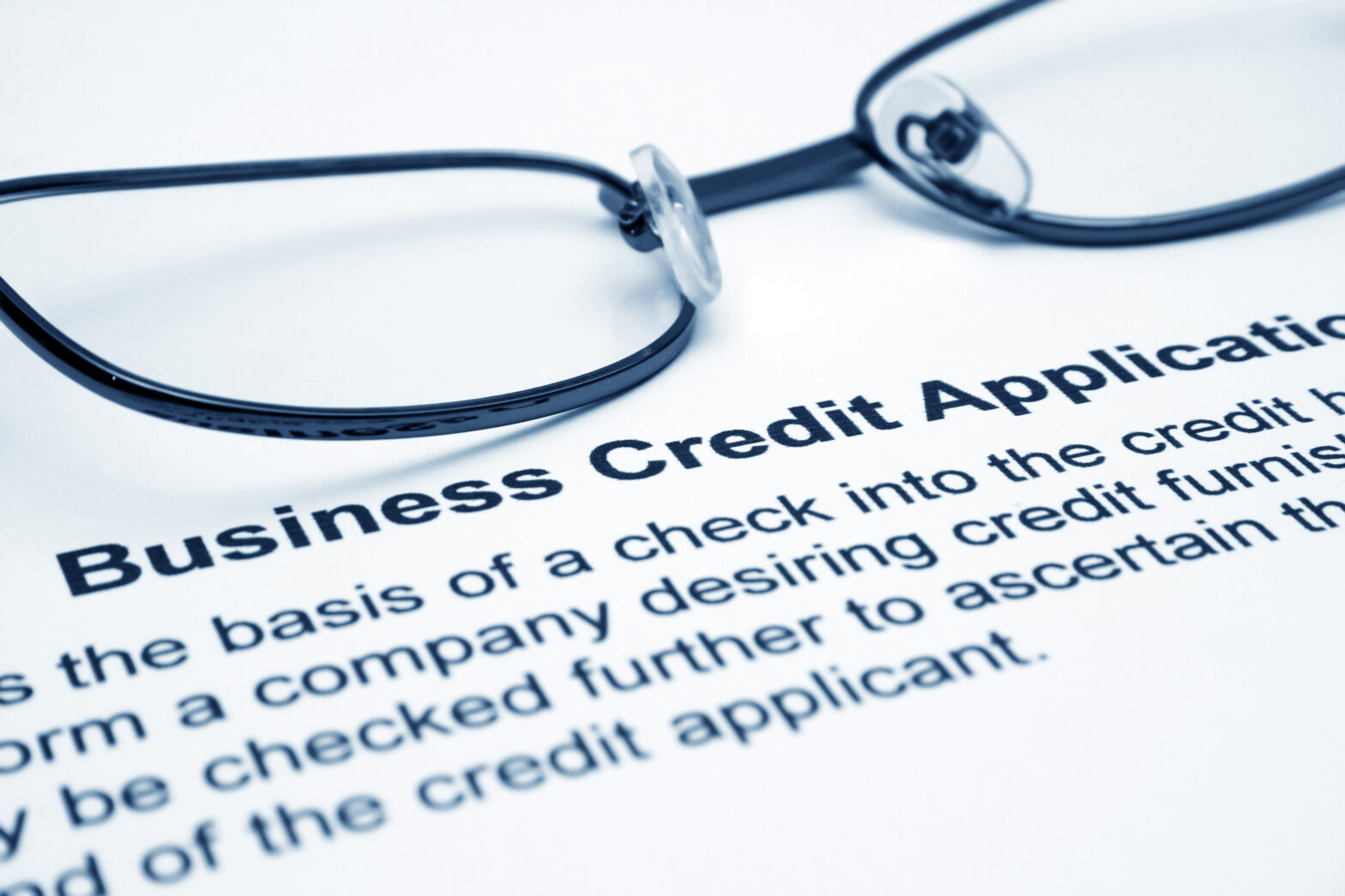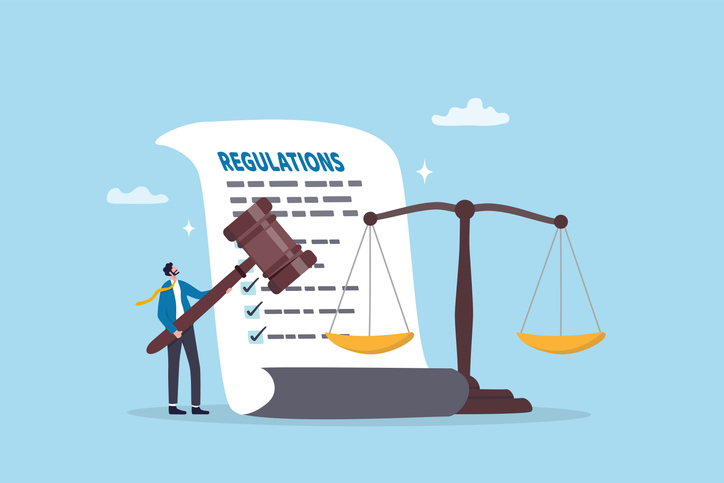Getting a business line of credit is not the easiest thing in the world. If you happen to be a small business owner, perhaps with a limited track record, the task is often more difficult.
David Banfield, president of The Interface Financial Group (IFG) says that a lot of business owners ‘shop around’ too much. ‘After being turned down at one bank or financier they try the next and so on, not realising that by doing so they are making their own problem worse.’
The reason for this is that one of the key elements that credit granters use when analysing a credit report for a line of credit or loan is to look at the number of enquiries a potential customer has made. The more you have, the less likely the approval is, says Banfield.
‘Once a small business has been turned down for a loan in the ‘primary’ market it is highly unlikely they will find another more accommodating lender in the same market area. At such times they should think ‘secondary market’ and the growing alternatives that exist to standard bank loans.’
Risk management
The secondary market can also be a good choice in helping not only to establish a predictable cash flow but also in safeguarding valuable assets such as accounts receivable.
Banfield adds, ‘If we look at invoice discounting or spot factoring as an example, the client has access to not only financing but also the resources of the discounter in checking the validity of orders and subsequent invoices.
‘Many small business owners are still negligent when it comes to undertaking adequate credit checks on new customers. If you can find a finance option that not only improves your cash flow but also looks over your accounts receivable shoulder then you may be well ahead of the competition.’
Rich Wagner, CEO and founder of Advanced Payment Solutions (APS) says would-be UK entrepreneurs are all too often put off taking the necessary risks to start a business, for fear of the consequences of the venture falling through, and that this culture of fear and even embarrassment of failure has been bred by banks and financial institutions.
Such institutions refuse business accounts time and time again, because the applicant either has limited experience of running a business or has been involved with an unsuccessful business venture in the past, he says.
Learning from experience
‘When I first started my company Advanced Payment Solutions in 2004, I experienced the laborious task of setting up a business bank account first-hand. Sat with my bank manager for four hours scrutinising reports and figures, it felt more like I was buying a house then setting up an account – and I wasn’t even asking the bank for credit,’ Wagner says.
Seven months into trading APS secured over £7 million worth of funding.
‘With a sizeable chunk of money in my account, I felt pretty confident about asking for a company credit card – but I soon found that I was naïve to believe that this would be a simple process.’
APS was declined a company credit card from the high street banks, because it had a limited trading history. ‘Tight credit restrictions such as these create a catch 22 scenario for new businesses. Start-ups lack the trading history required to set up a bank account – and without a bank account it’s impossible to trade,’ Wagner says.
This wouldn’t be the last time Wagner would be inconvenienced by closed-minded credit checking. With £55 million in customer deposits, a good profit performance and regulatory approval from the Financial Conduct Authority (then FSA), he applied for a new bank account for APS to support additional business activity.
‘Because APS was moving money domestically in the UK, I was forced to endure nine months of review from the bank’s risk department to rule out concerns around money laundering, despite being FCA regulated and a profitable client of the bank for over ten years.’
The issue, Wagner says, is that banks set a flat-line rule on credit checks, rather than creating a flexible system that considers businesses on a case-by-case basis.
‘A business’ potential success or failure cannot be defined by a restrictive set of criteria. It is time financial institutions recognised that enforcing laborious credit checks inhibits small businesses from reaching their full potential.’
Credit where it’s due
To improve your credit rating, Experian advises to be aware of the several factors that influence your business credit; and to know that it’s not just a case of whether you’ve been late in paying the bills.
Analyse your current credit reports, paying particular attention to the items in the ‘negative’ category. You should look for mistakes, outdated information and signs of business fraud or identity theft.
Make sure that your vendors are reporting your payments; the more vendors that report a positive credit history to the credit reporting agencies, the higher your business credit rating will be.
The quickest way to begin to improve bad credit is to pay off your debts, Experian adds. Lessening the balance on your business credit cards can have an instant effect on your business’ credit rating.
Also, it’s worth bearing in mind that, if you have good credit, requesting a credit line increase can improve your credit even more because such an increase lowers the percentage of your available credit in use.





